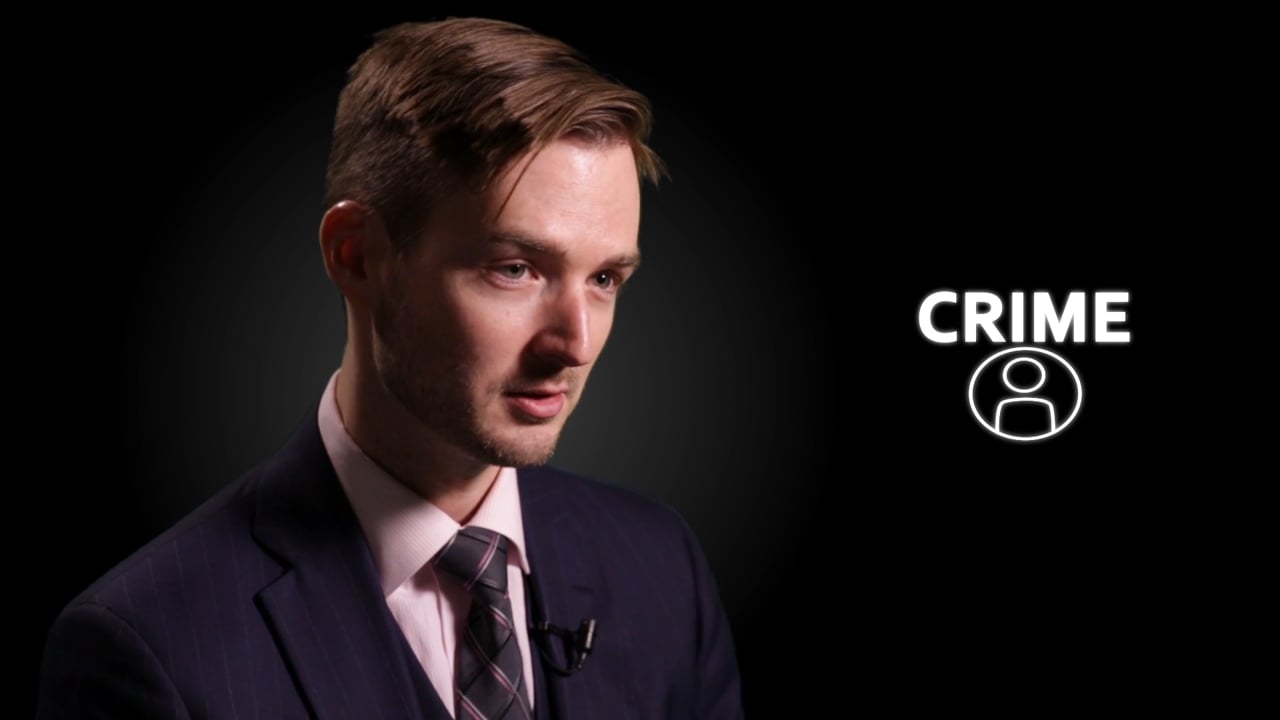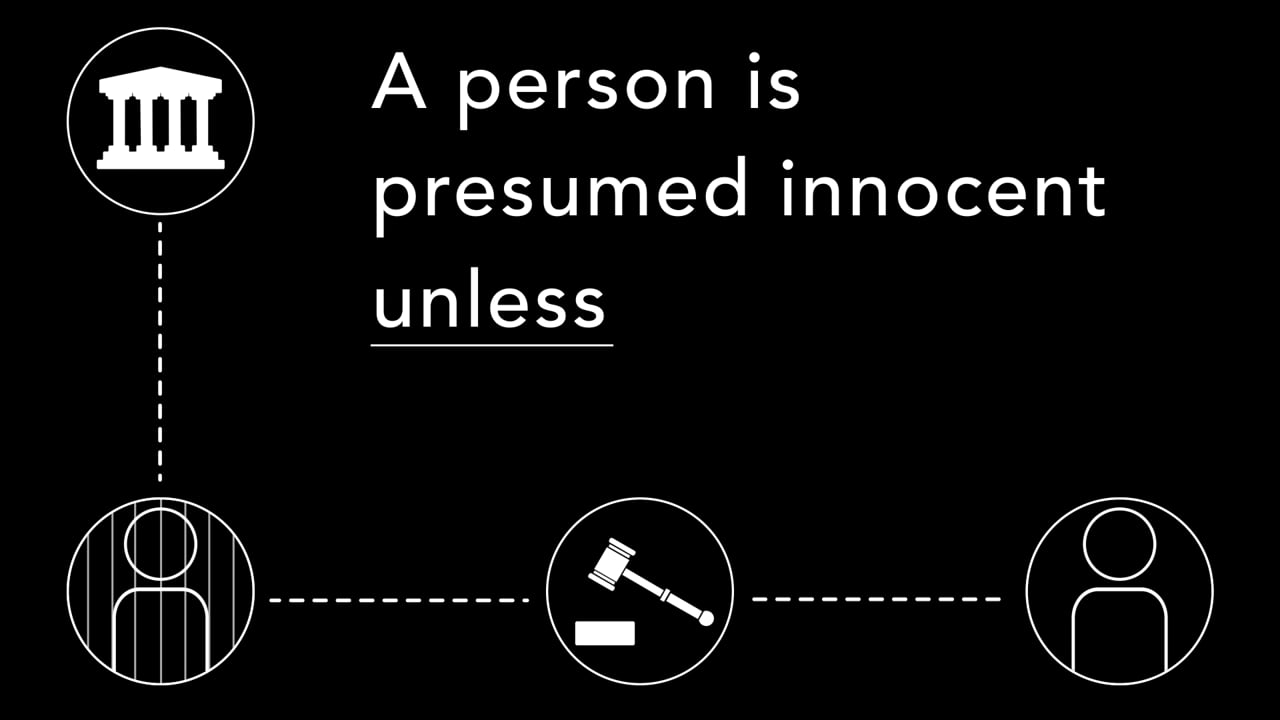Minnesota
Districts
Minnesota Districts
- MINNESOTA FIRST JUDICIAL DISTRICT (serving Southern Twin Cities Metro and Rural Areas)
- MINNESOTA SECOND JUDICIAL DISTRICT (serving Ramsey County)
- MINNESOTA THIRD JUDICIAL DISTRICT (serving Southeastern Minnesota)
- MINNESOTA FOURTH JUDICIAL DISTRICT (serving Hennepin County)
- MINNESOTA FIFTH JUDICIAL DISTRICT (serving Southwestern Minnesota)
- MINNESOTA SIXTH JUDICIAL DISTRICT (serving Minnesota’s Arrowhead Region)
- MINNESOTA SEVENTH JUDICIAL DISTRICT (serving Northern West- Central Minnesota)
- MINNESOTA EIGTH JUDICIAL DISTRICT (serving Southern West-Central Minnesota)
- MINNESOTA NINTH JUDICIAL DISTRICT (serving Northwestern Minnesota)
- MINNESOTA TENTH JUDICIAL DISTRICT (serving Northern Twin Cities Metro and Rural Areas)
Wisconsin
Districts
Wisconsin Districts
Government
Government



